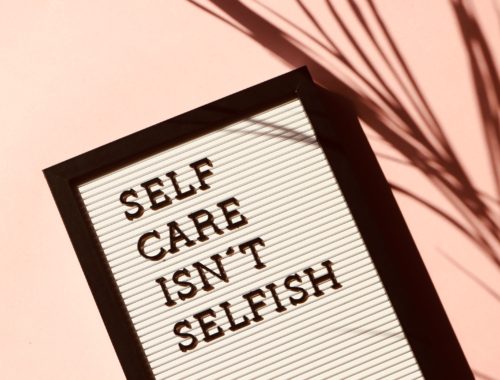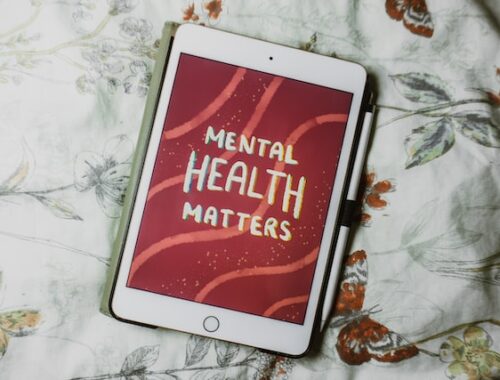We’ve recently posted about how to avoid burnout at work, which is a very real problem that affects many people. Often, if we don’t deal with our stress, take time to alleviate difficulties we’ve been having, and express ourselves in healthy ways, sometimes our burnout can lead us to act in ways we might not like – such as losing our temper with our children during the school run, feeling demotivated at work, or simply thinking of finding alternate employment (which isn’t always a bad thing).
The truth is, however, that no matter what kind of full-time job you work, it’s called “full-time” for a reason. Most people would agree that there are too few hours in the day, so balancing our personal needs around work can be a tough ask, particularly if we have a family to take care of at the same time.
So, how might you better manage your free time despite a demanding job? Is it possible to balance your energies, to feel as though you have everything taken care of, and enough space to rest?
In this post, we’ll discuss a number of tips for you to achieve all that and more. Without further ado, please consider some of the following advice:
Prioritize Self-Care
It’s important to prioritize self-care to the extent you can. You’ve likely heard this advice from thousands of other blogs, wellness brands and even influencers, so let’s be very specific and talk about it in the context of a job – first of all, a self-care routine should be just that, a routine.
Finding more free time when you have a demanding job will start with your choices and actions. You need to make space for self-care, time for it, and time for yourself—the most important person in your life. So, there are ways to go about it, like seeking mental health professionals like Cedar Hill Behavioral Health. But of course, this isn’t the only way; just like what was stated, it needs to be a routine.
This way, you can wake up and take care of it without thinking too much, and the same goes for you coming home at night. For example, a skincare habit with Berlin Skin can take place every morning, and as you remove your makeup or relax at night, you’ll have managed your limited free time and invested in yourself. This keeps you ticking over for another day until you can more easily indulge in a long soak in the bath or a comforting relaxation method like meditation.
Set Boundaries
While it may seem as though boundaries won’t exist in a standard job, they do, and it’s your right to enforce them where you’re permitted to. That might mean declining overtime when you can, booking mental health days (these often go well when booked near a public holiday, effectively offering you a four-day weekend), and learning the valuable power of “no,” such as when being asked to take double the workload for someone else when you’re already stretched.
By clearly defining when work ends and personal time begins, you create a mental and emotional separation that allows you to recharge and de-stress, and this is absolutely essential for longevity. This is crucial for maintaining your overall health and preventing burnout. In fact, in France, it’s often illegal for an employer to contact you out of hours unless you’re contracted to attend to emergencies, or the contents of the message are essential.
In other words – there’s no shame in not replying to emails or messages when you’re in your free time. Now, we wouldn’t like this advise to cause undue trouble for any reader, so make certain this approach is absolutely verified by the requirements of your contract. Odds are, they will be.
Plan Leisure Activities
Many people think that rejuvenation often means laying in bed or sitting in front of the television doing something – and sometimes, that can be the case! But it’s also true that weekends or free time continually spent in this way can feel like “not work” as opposed to something more enriching and rewarding.
This is where enjoying a leisure activity or hobby outside of work can be so helpful, even if you only have an hour a week to spend on it. That might include journaling, reading, playing your guitar, or even heading to the local swimming pool or heading on a hike. These planned activities provide a mental break, a chance to unwind, and an opportunity to focus on what brings you happiness and serenity.
The reason this works is because it helps you divide work and your free time. This boundary is crucial for preserving your mental and emotional well-being. It prevents the constant encroachment of work into your personal time, by the very fact that you use that free time well and capably, allowing you to fully detach and embrace moments of calm and happiness. This way, returning to work won’t feel so draining, because you’ve already had the sense of comfort you were looking for.
Embrace Technology In The Right Way
We’ve already mentioned that ditching the phone and messages for your free time can help you avoid feeling like replying to every work email or keeping up on every work message in your chat app. Of course, this grants us peace and the kind of calm that makes the most difference on a daily basis.
But embracing technology can also help you plan out your free time more effectively. From booking apps that help you take a quick weekend away using a last minute deal, to finding a quick recipe for dinner now so you know what to pick up from the supermarket before heading back home, planning out your app use and organizational folders can absolutely help you save time. Moreover, using your phone or devices in this way will also help you avoid that constant boredom scrolling , because your phone will be used for productive purposes. In that way, you free yourself from both the chain of work in your free time, but also the constant nagging of a notification you need to reply to, a photo tag you’re part of, or an invitation you’d rather not RVSP to (we all have those moments).
With this advice, you’re sure to manage your free time despite a demanding job more reliably. Of course, this advice should also be couched in responsible and wise negotiations with your boss about what your work entails, and mentioning if you need to take a step back. We wish you the best of luck in finding your balance.




